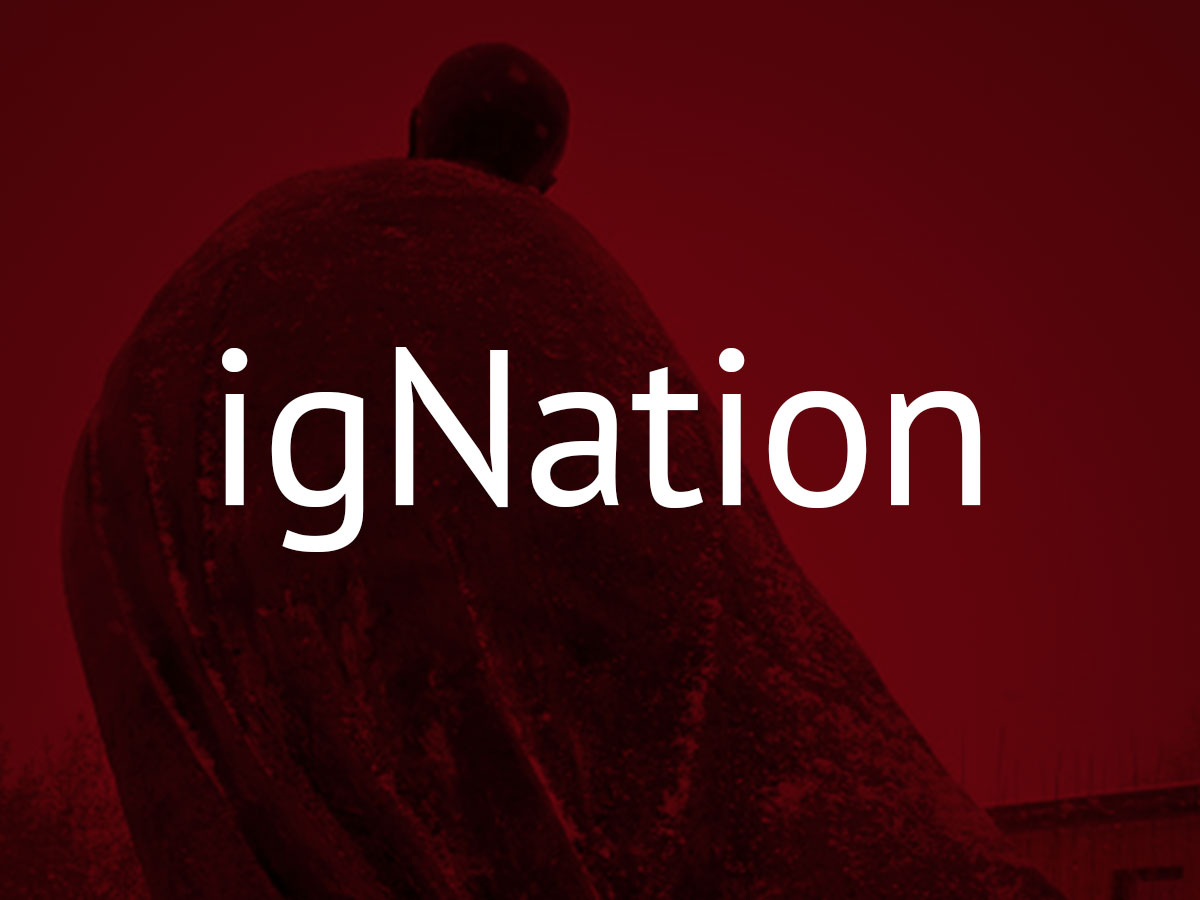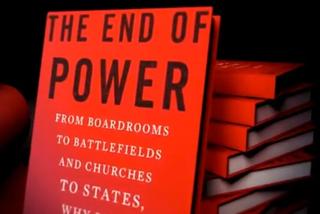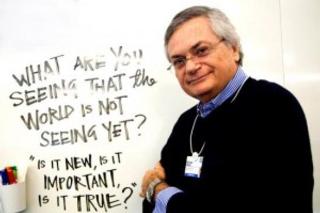Power and Authority Are Not What They Used To Be

I just finished reading Moises Naim’s new book The End of Power (Basic Books, 2013). I wish to offer you a few reflections. The book cover already offers this very challenging summary:
“We know that power is shifting from West to East and North to South, from presidential palaces to public squares, from once formidable corporate behemoths to nimble start-ups and slowly but surely, from men to women. But power is not merely shifting and dispersing. It is also decaying. Those in power today are more constrained in what they can do with it and more at risk of losing it than ever before.”
 As Venezuela’s former Minister of Industry and Trade, long-time Editor-in Chief of the magazine Foreign Policy and Executive Director of the World Bank, Naim is a credible witness to these developments. He gathers massive data from every corner of the world in his attempt to change the way we think about power. It rings true to my own limited experience. Here I am merely dipping into Naim’s treasure trove of data, his multilayered critical thinking, analysis and insights, just enough for readers to take his crucial thesis seriously.
As Venezuela’s former Minister of Industry and Trade, long-time Editor-in Chief of the magazine Foreign Policy and Executive Director of the World Bank, Naim is a credible witness to these developments. He gathers massive data from every corner of the world in his attempt to change the way we think about power. It rings true to my own limited experience. Here I am merely dipping into Naim’s treasure trove of data, his multilayered critical thinking, analysis and insights, just enough for readers to take his crucial thesis seriously.
He defines power as the ability to direct or prevent the current or future action of other groups or individuals. It is not an abstract concept – it has a social function to organize local communities, larger societies – nations, marketplaces, the world. The paradox today is that we are more aware of the big issues and forces that threaten us and understand them better than ever before, yet seem unable to tackle them decisively and effectively. For Naim the basic reason is the decay of power.
Presently, there is a gap between the perception and reality of power. Experts and media commentators – his “terrible simplifiers” – are bewitched by the game of ranking or “up and down – elevator thinking.” When will China be number One? Or when will emerging countries such as India and Brazil overtake Western rich countries? Naim’s thesis is that whoever will be ranked number One will soon discover that they will be faced with decaying power.
He believes that analysts who credit global change to the internet, the cellphone and similar gadgets, risk forgetting that, however indispensable, these are only tools. To achieve change a cause or goals, direction and motivation are required, which increasingly are found at the local level where people are fed up with their living circumstances.
 Naim sees all major institutions affected by power decay. Indeed, the subtitle of his book is From boardrooms to battlefields and churches to states: why being in charge isn’t what it used to be. Here are few samples:
Naim sees all major institutions affected by power decay. Indeed, the subtitle of his book is From boardrooms to battlefields and churches to states: why being in charge isn’t what it used to be. Here are few samples:
-In the wars 1950-1998, the weaker side prevailed 55% of the time. A large army can no longer achieve strategic goals. Weaker groups have increased ability to inflict casualties at a much lower cost. We need only think of the US experience of having a small group of foreign terrorists with insignificant budget take down the World Trade Centre towers at a subsequent cost of trillions of dollars. Or the fact that in the Iraq war the use of improved explosive devices caused two thirds of Coalition casualties plus billions of dollars to find technology to neutralize their remote control devices.
-All but four richer countries are today paralyzed with minority governments. President Obama’s government is in gridlock, largely due to the antics of the small Tea Party. Belgium’s political parties were in deadlock for 541 days before creating a government in December 2012.
-Trade unions are in decline everywhere – and CEOs of major multinational corporations now have an average time in office of only 5-6 years.
– The Catholic Church has damaged its reputation and effectiveness because of over-centralization and scandals . And Tiger Woods lost or gave away his enviable power by damaging his personal reputation.
So what is happening? Many new smaller players now have better access to information and power – and they are not playing by the traditional rules. There are as many and more cell phones in emerging and poor countries as in richer countries. For example, there are 1.5 billion cell phones in China for their 1.3 billion citizens; and in Bangladesh 98.5 million for 148 million citizens. (North Korea, Cuba and Ethiopia are the exceptions.)
Naim says it’s a bad time for megaplayers and a dream-time for microplayers – especially for social movements and non-governmental organizations (NGOs) of all kinds. With smaller resources, more people and new techniques they can constrain or paralyze what macroplayers try to do. The Arab Spring and Occupy Movement are two examples. And elsewhere, they decay political and institutional power to act – through techniques of vetoes, foot-dragging, diversions, etc – what Naim calls “vetocracy.”
 The widening power of microplayers should mean a strengthening of democracy. In fact, they are in danger of paralyzing society because they cannot replace political power. They themselves suffer from decay of power because often threatened by armchair, weakly committed memberships and by divisions and lack of trust of leadership. They also are easily misguided by too narrow goals, seeking not what they can do for their country but what they can do for themselves.
The widening power of microplayers should mean a strengthening of democracy. In fact, they are in danger of paralyzing society because they cannot replace political power. They themselves suffer from decay of power because often threatened by armchair, weakly committed memberships and by divisions and lack of trust of leadership. They also are easily misguided by too narrow goals, seeking not what they can do for their country but what they can do for themselves.
We are watching world power being reborn in fits and starts. Changes are coming from the bottom not the top of society. However, NGOs cannot replace political parties. In order to save democracy, trust in political parties and leadership must be rebuilt from scratch. We can no longer live with a political system that has not changed since the 19th century. It has to become government for the people and by the people – not just as an ideal, but a reality.
The recent consistory of Catholic Cardinals seemed to be aware of this decay of power in the Church when they elected Francis as Pope.  He seems to stand for a decentralization of power in realizing the goals of Vatican II by fostering collegiality with the bishops and the enhancement of the role of the laity – and concern and closeness to the poor of the world.
He seems to stand for a decentralization of power in realizing the goals of Vatican II by fostering collegiality with the bishops and the enhancement of the role of the laity – and concern and closeness to the poor of the world.




No Comments